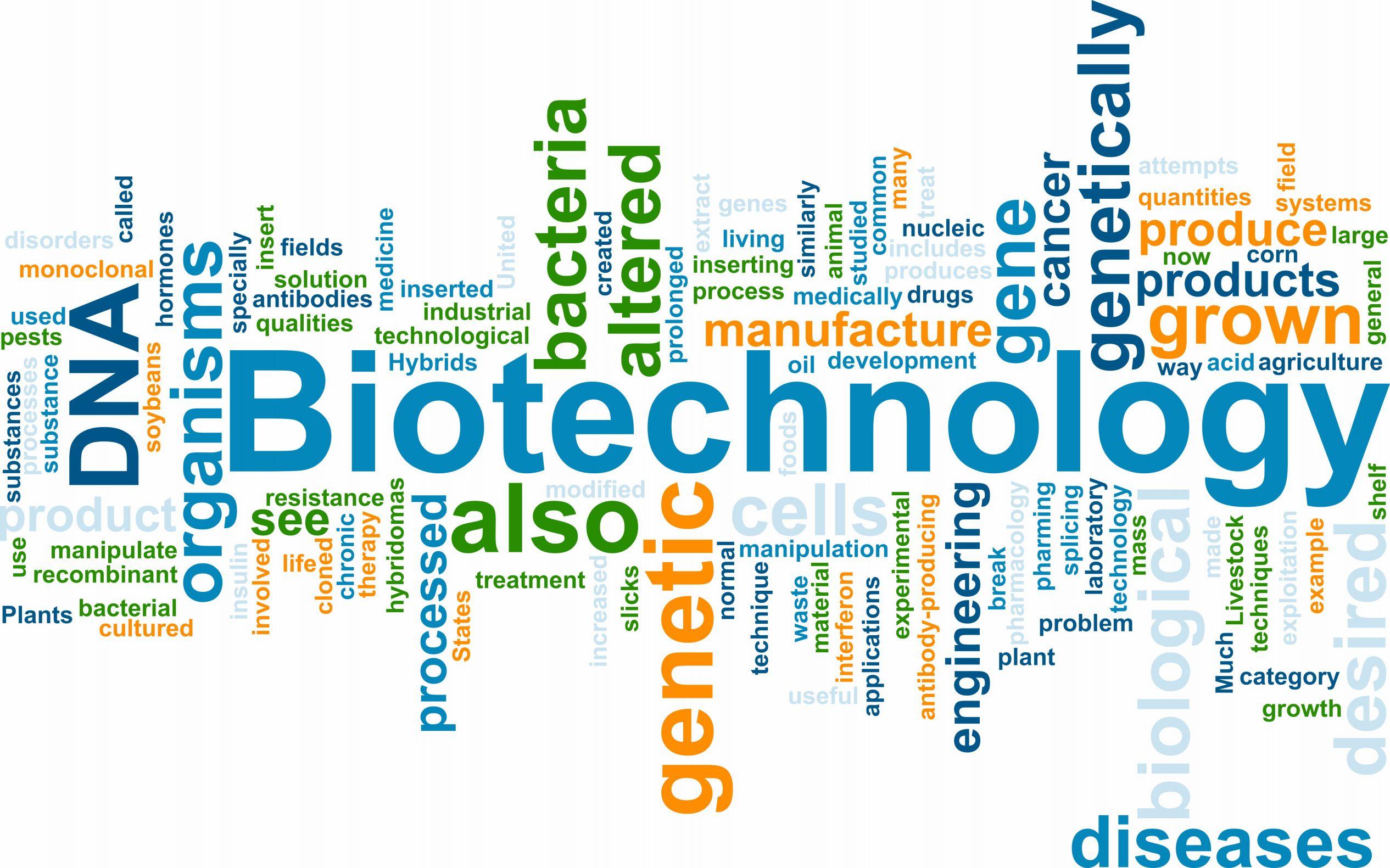Biotechnology Information
Biotechnology is the use of living organisms, systems, or processes to develop or manufacture products for various purposes.
It has diverse applications in:
- 🩺 Medical biotechnology: Developing new medicines, vaccines, and therapies.
- 🌾 Agricultural biotechnology: Enhancing crop yield, quality, and resistance.
- 🏭 Industrial biotechnology: Producing biofuels, chemicals, and materials.
- 🌍 Environmental biotechnology: Addressing environmental issues and promoting sustainability.
Advancements in biotechnology have led to breakthroughs like insulin for diabetes, genetically modified crops, and cleaner manufacturing processes.
Explore more about biotechnology:
🩺 Medical Biotechnology
- What is medical biotechnology?
- How is genetic engineering used in medical biotechnology?
- What are the diagnostic tools used in medical biotechnology?
- How can I learn more about medical biotechnology for Class 11 and 12?
Medical biotechnology involves using living organisms, systems, or processes to develop new medicines, vaccines, and therapies to treat and prevent diseases.
Genetic engineering techniques are used to modify genes or produce beneficial proteins that can be used in medical treatments, such as insulin for diabetes or antibodies for cancer therapy.
Diagnostic tools, such as PCR (polymerase chain reaction) and ELISA (enzyme-linked immunosorbent assay), are used for early disease detection and diagnosis.
You can refer to the NCERT textbooks for Biology and Biotechnology, and explore educational websites like BYJU'S and Biotech Articles.
Explore more about medical biotechnology: Nature - Medical Research
🌾 Agricultural Biotechnology
- What is agricultural biotechnology?
- How are genetically modified organisms (GMOs) used in agriculture?
- What is the role of agricultural biotechnology in food security?
- Where can I find Class 11 and 12 resources for agricultural biotechnology?
Agricultural biotechnology involves using living organisms, systems, or processes to enhance crop yield, quality, and resistance to pests, diseases, and environmental stresses.
GMOs are created by introducing specific genes into plants to give them desirable traits, such as resistance to pests, tolerance to herbicides, or improved nutritional content.
Agricultural biotechnology plays a vital role in ensuring food security by developing high-yielding and drought-tolerant crops that can thrive in challenging environmental conditions.
You can refer to the NCERT textbooks for Biology and Biotechnology, and explore educational websites like Toppr and Jagran Josh.
Explore more about agricultural biotechnology: Agriculture.com - What Is Agricultural Biotechnology?
🏭 Industrial Biotechnology
- What is industrial biotechnology?
- How are microorganisms and enzymes used in industrial biotechnology?
- What is the significance of industrial biotechnology in reducing environmental impact?
- Where can I find resources for Class 11 and 12 related to industrial biotechnology?
Industrial biotechnology involves using living organisms, systems, or processes to produce biofuels, chemicals, and materials that are more sustainable and environmentally friendly compared to traditional manufacturing methods.
Microorganisms or enzymes are used as biocatalysts to convert renewable resources, such as plant biomass, into valuable products, including biofuels, bioplastics, and biodegradable materials.
Industrial biotechnology offers eco-friendly alternatives by reducing reliance on fossil fuels, minimizing waste generation, and lowering greenhouse gas emissions associated with traditional industrial processes.
You can refer to the NCERT textbooks for Biology and Biotechnology, and explore educational websites like Biotechnology Notes and Biology Reader.
Explore more about industrial biotechnology: iBio - Industrial Biotech
🌍 Environmental Biotechnology
- What is environmental biotechnology?
- How are living organisms used in bioremediation?
- What is the role of environmental biotechnology in waste management?
- Where can I find Class 11 and 12 resources for environmental biotechnology?
Environmental biotechnology involves using living organisms, systems, or processes to address environmental issues, such as pollution control, waste management, and sustainable resource utilization.
Living organisms, such as bacteria and fungi, are used in bioremediation to degrade or remove pollutants from soil, water, and air, promoting environmental cleanup.
Environmental biotechnology offers solutions for efficient waste management through processes like composting, anaerobic digestion, and wastewater treatment, reducing the environmental impact of waste disposal.
You can refer to the NCERT textbooks for Biology and Biotechnology, and explore educational websites like Biology Exams 4U and BiologyWise.
Explore more about environmental biotechnology: Frontiers in Environmental Science

No comments:
Post a Comment